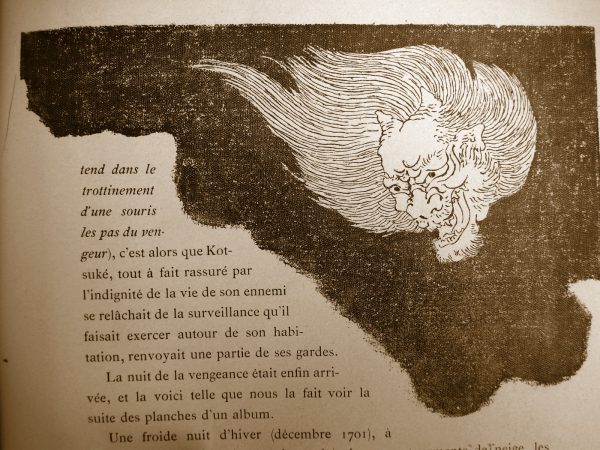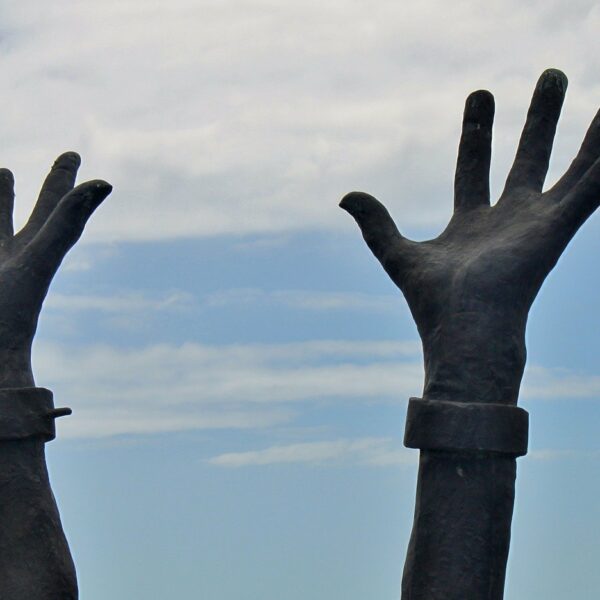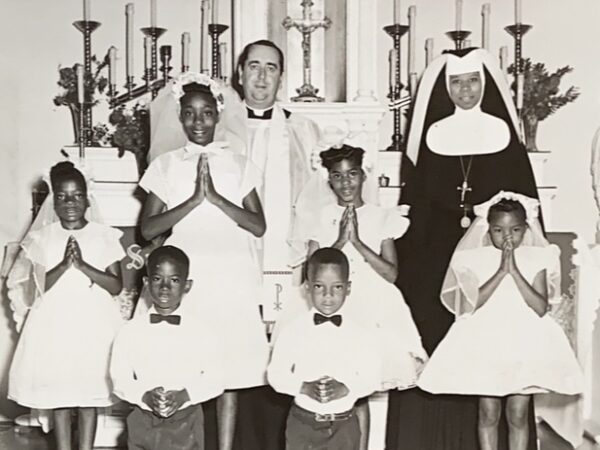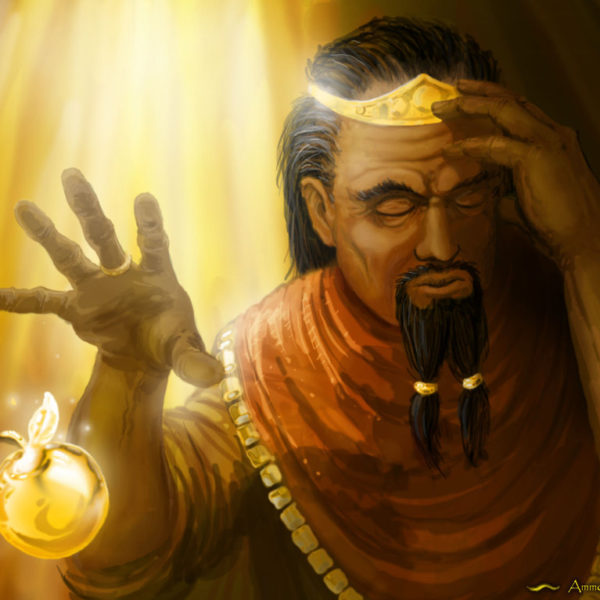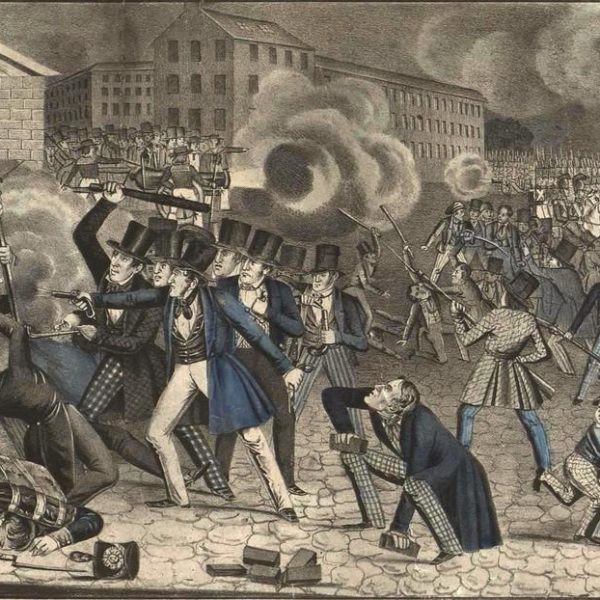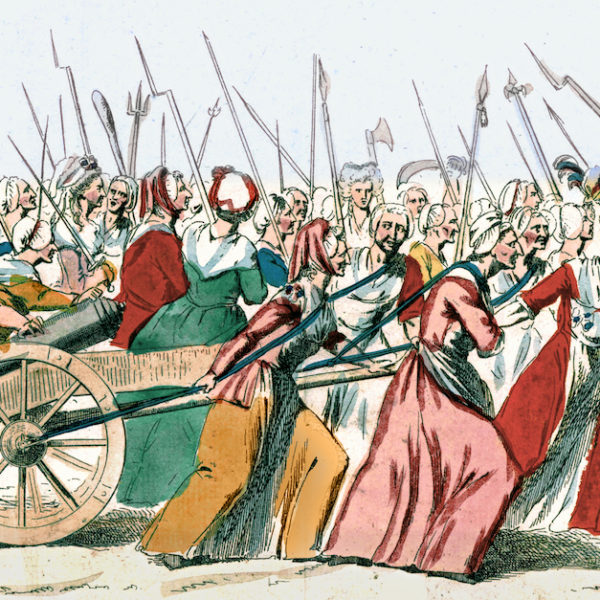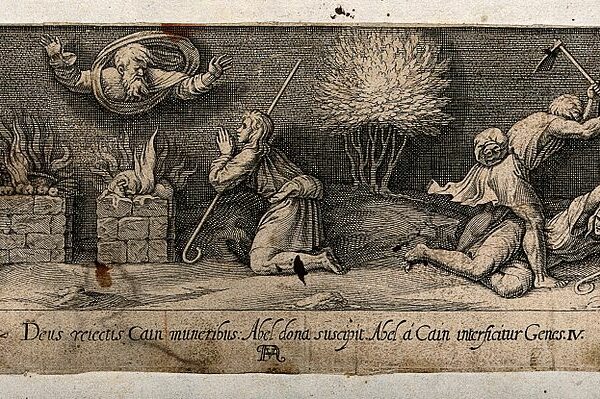
“I was only imagining it. Being freed.”

The laws at Sinai are no ball-and-chain, implementing a new form of slavery. They express the practical dimensions of life in freedom, the boundaries within which the nation can experience a life-giving form of service to the One who graciously rescued them from servitude. In short, they are revolutionary.

Is wealth the opposite of Christianity? Is profit antithetical to the kin-dom of God? A look into Franciscan friar Luca Pacioli’s accounting process – now called reconciliation accounting – reveals that despite Jesus’ words, the practice of Christians in the Western world has emphatically answered: no, they get along just fine. It is high time for a Christianity, guided by Mark 10:17–31, that is unreconciled with wealth.
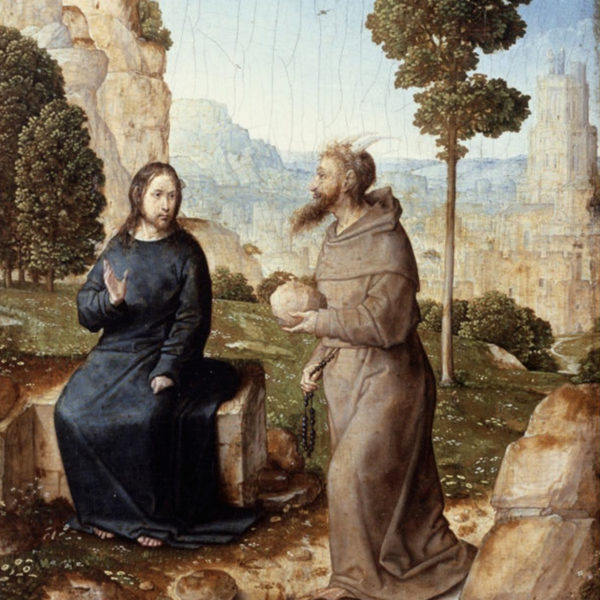
Fyodor Dostoyevsky in his masterpiece ‘The Grand Inquisitor’, as well as Lev Tolstoy in his The Gospel in Brief, both comment on, recapitulate, and in some manner ‘translate’, the story of Jesus’ temptation in the wilderness (Matt. 4:1-11; Mark 1:12-13; Luke 4:1-13) with varying interesting results. Let us compare Dostoyevsky, Tolstoy, and the Gospel accounts together to see how this story serves not only as Dostoyevsky saw them . . . nor only as Tolstoy saw them . . . but also as a profound critique of our current economic geopolitical situation, and pointing to our way out of the systems that enslave us.
